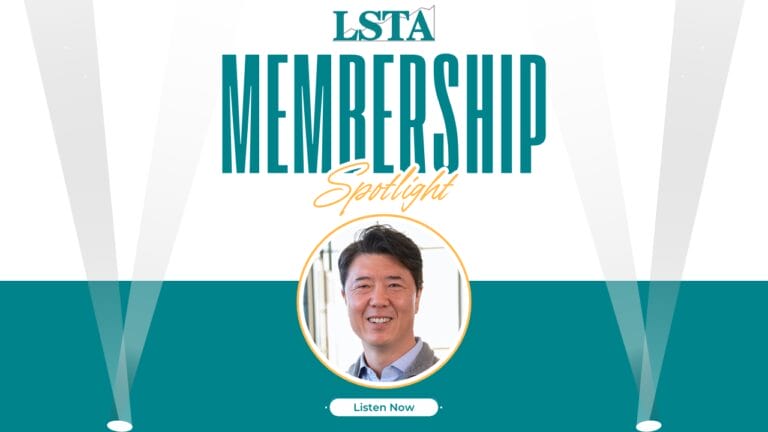February 24, 2021 - Truth in advertising: GameStop doesn’t have much to do with syndicated loans. Nonetheless, many of us have been following the GameStop kerfuffle with great interest. Last week, on our podcast, Business Loans Radio, we talked with Zach Warmbrodt, Financial Services Reporter at Politico, to discuss a recent Congressional hearing on the subject and explore the potential political fallout from the incident. So, what happened? Several savvy retail investors engineered a “short-squeeze” in relation to the shares of GameStop and other “legacy” type companies. The retail investors noticed a significant amount of “short interest” in these stocks and, using Reddit to publicize their strategy, encouraged other retail investors, mostly using the Robinhood app, to purchase those shares. As the prices started rising, the shorts, mostly hedge funds, were forced to cover by purchasing shares, which drove prices even higher, ultimately to over $450 per share. Suddenly, after a few days, Robinhood, facing massive collateral calls from the exchanges, severely limited purchases of many of the stocks. The stock price of Game Stock started dropping precipitously. (It has, of course, been on the move again in recent days.) Unsurprisingly, Members of Congress started weighing in with questions. Did Robinhood collude with the hedge funds to stem the bleeding? Should shorting be permitted? What role did Citadel play in all this and what’s the story with “payment for order flow”; good, bad or neutral. Is the “democratization” of trading through apps like Robinhood a good thing? In our conversation with Zach, he breaks down all these threads and weighs in whether we should expect more regulation or legislation.
What’s Up with Game Stop? Zach Warmbrodt of Politico Weighs In






